#The House on the Hill
Explore tagged Tumblr posts
Note
talks to u
You will regret talking to me I'm very very sorry
So recently my sister has been reading out loud to me [it is very fun I wish I had someone to read out loud to] and the book she picked was Haunting on the Hill. This book was an absolute minefield of a read because it was advertised as a spiritual sequel to Haunting of Hill House and HOHH is probably one of the books I've been the most emotionally invested in ever. Mostly because I see people take the book and Try To Do It Better constantly, and they do it wrong over and over and over again. I don't know how this became My Hill To Die On, but no one can do a remix of the genre right, especially those that pretend like they're trying to.
Hell House, for example, a book that I hate with my entire being, was a very intentional stab at HOHH. It took the trope of four people -- one a slightly older gentleman who is doing research on the property -- two women -- who is a lonely homebody, and one who is a (implied) bisexual psychic -- and one younger man about their age who has some Obvious Substance Abuse Problems, and sets them in a haunted house to try and figure out why its haunted. The author then spends the rest of the book punishing those characters for obvious perceived societal slights. The old man's sin is being old, and dies because he isn't virile and strong enough to withstand the house [unlike the young male protagonist]. The psychic is punished for believing she is psychic, being a confident woman who lives alone, and being implied bisexual [this is evident in the nature of her death, which I won't share here. It's fucking bad]. Then after these characters die, the white male savior comes back, something to do with the old owner of the house haunting it with his willpower, in a closet with a glass of water? It made no sense. But the metaphor the book was obviously leaning towards was, the Good Guy can win and get the girl if he has strength of mind, is vaguely psychic [but better than the psychic lady obviously] and fucking stands around long enough while his friends are killed.
House on the Hill, which should have been marketed as a reference to Hill House and not as a spiritual successor, is a passable haunted house book that attempts to remix the story by making all of the main characters theater kids. There is an older lady who has been ousted from her community for being too old, the young woman main protagonist who is the Ellie parallel, the Theadora parallel is her girlfriend, a bisexual actress who is maybe a little too full of herself, and their single male character has a substance abuse problem involving cocaine instead of alcohol, like Luke from the original book. The author even seems to have grasped some of the original intention of HoHH as a conversation about isolation and loneliness. However about halfway through the book, it takes a turn and seems to punish Theadora for being the character she was written as, in the same way Hell House punished its Theadora allegory character. The rest of the book proceeds with a lot of standard haunted house tropes -- not a bug exactly, but they don't reinforce any extended metaphor. They're mostly there to be spooky. Which would be fine for a standard haunted house book, but not for a haunted house book that claims its the sequel to HoHH.
You see, Haunting of Hill House, and by extension, Shirley Jackson, the author, have a very subtle but also deeply impactful metaphor about loneliness going on in the background, and everything from the haunted house to the fallout of the characters reemphasizes this theme.
Ellie, Eleanor, is an exhausted housewife-style woman in the 1960s, whose never gone anywhere or done anything with her life, because instead of marrying and moving across the country somewhere, she stayed home to take care of her ailing mother. Now that her mother is dead, she lives with her sister and brother-in-law, and believes herself to be a general tax on the family. She fills stuck, alone, unloved and unwanted. The story is in her point of view, and you quickly realize her way of coping with her trapped feelings involves fantasticizing the world around her. She dreams of who she would be if she just lived over there in that little cottage, how differently her life would turn out if she had a cute little life in that one room house. Etc. When she accepts the summons to Hill House, she steals her brother in law's car and drives there on her own, her first trip alone anywhere in her entire life.
Theadora is a psychic who, if I'm remembering right, lives alone and owns a flower shop. She lives a much more interesting lifestyle than most women in the 60s, in a big city with many different friends and lovers coming and going, completely independent. There is an implication that she has trouble keeping interpersonal relationships -- she's a little too flighty -- and really a woman who can't settle down with a man is a red flag.
Doctor Montague seems fine on the surface, if a little jaded. He's a professor at university who is being slowly pushed out of his scientific field because he believes in the supernatural, and wants to prove it using empirical evidence. You find out his wife is very supportive in this venture -- too supportive. He thinks all of her contributions are nonsense, and so is she. His loneliness is self inflicted. He has a fan club right there with his wife, if he gave two shits about her opinions.
Last is Luke, an alcoholic, and the person in line to inherit Hill House. His loneliness is that he, doesn't want the fuckin' house. But because of his alcoholism and gambling problems, the family has decided he, as the cursed child, gets to take care of the cursed mansion no one else wants to touch. So Luke, ostracized from the family and a little shitty about it, decides he might as well rent out the place for some extra cash to fuel his various addictions. The family is going to be cutting him off soon anyway...
These four characters, over the course of Hill House, become haunted by the house, not because of tragic deaths there, or because the house is alive in any literal sense of the word. But because the House has the quality of an overbearing mother, smothering its children with its expectations. Any piece of furniture moved in the place is replaced as soon as they leave the room. Any door opened to allow air or light inside is shut the minute they walk into the next. The house rights itself back to a self-inflicted perfection that is unlivable, and it wants to isolate you too, to be like it. Hill House tells you exactly what it is and what it wants to do in the first paragraph: And all who walk there, walk alone.
Shirley Jackson wrote this very intentionally. As a woman in the 60s trying to have a successful writing career, none of her books were taken seriously. She was pigeonholed into mother and housewife first. Articles that wrote about her works at the time held the patronizing tone of someone congratulating a child who found a new hobby -- not a serious writer wanting to make poignant stories. Her books are lovely now, the few that were published. But Shirley Jackson lived a life that was full of anxiety and agoraphobia, in a world where she felt belittled and token. Her books are written the way they are for a reason. There is great loneliness in being shoved in a box.
I really love that exploration. I love how the people in the book descend into the box of Hill House, the expectations they place on each other, and the way all the women feel tonally dissonant in their token roles. And that's why I hate so many modern adaptations, or inspired-bys, or spiritual sequels. Hill House is a metaphor before it's a ghost story -- and that is why it succeeds as a ghost story! It is scary because you get invested in the characters' wellbeings, their doomed qualities, their individual, very subtle, madnesses. Watching new writers read the book and punish those characters over and over again for not acting right [especially Theadora, Jesus Christ.]
In fact, since I'm already ranting, I'm going to give you a quick rant in defense of Theadora.
Theadora breaks into the book as a very bright star in Ellie's world. She is, literally, everything Ellie wishes she could be. She lives an interesting life, alone, without being too cripplingly lonely. Theadora, used to a little bit of flirting and over friendliness, falls in with Ellie and Luke immediately. She is charming, and bright and beautiful, and Ellie, who's character flaw is romanticizing everything, falls head over heels for her. They get scared together. They comfort each other when the ghosts start acting up. They get haunted together. And Ellie decides, in the way of someone romanticizing something, when all this is over, she would like to live with Theo. But when she tells Theo this, Theo laughs it off. "This is just a holiday, Ellie dear. We will have to get back to our lives eventually." It's unfair to say this is a game for Theadora. I feel like her feelings in the book, all her charm and her flirting, are genuine. But they're genuine in the way of someone going on vacation and flirting around with the people they meet -- she has a normal life she enjoys that she plans on getting back to. Ellie, who is incredibly alone, and who feels like she has only just tasted happiness now that she's come to Hill House, doesn't want to go back home after this. This is the happiest she's ever been.
Ellie informs Theo she is going to follow Theo home, and Theo turns very, very mean. She starts hitting much harder on Luke [something that makes Luke uncomfortable, but something he never really stops, because Luke also likes the attention he's getting] and belittling Ellie and her wild fantasies. She pushes Ellie away. It isn't kind, but what else can she do? She told Ellie she doesn't want to be followed home and Ellie, trapped in her daydreams, doesn't listen.
The rest of the book unfolds. Hill House isolates Ellie, and makes her feel like she can have no happiness outside its smothering walls. She gets taken by it.
In every book that takes on the mantle of trying to tackle the themes that made Hill House great, I would like to ask you all this: Why do they always punish Theo?
Hell House straight up kills its Theo allegory in a very brutal, overt way, implying she deserves that brutality for her promiscuity. The House on the Hill kills its Theo for being too full of herself, for believing she was entitled to greatness.
Why?
You can make a case for the queer aspects of her probably. Or for misogyny. Or for infidelity. Or for the fact that she appears to choose Luke over her relationship with Ellie. But I notice none of these books punish their Ellie allegory for also falling for Theo. For also aspiring to be something other than a stuffy housewife somewhere. For also falling for Luke, and wanting him to be a part of her happiness fantasy.
In honesty, I really think these authors read Theo and think she's the antagonist. So they write their stories to punish the angry woman who was mean to poor, lonely Ellie. But, here's the kicker, Theadora isn't the antagonist. The house is. Loneliness is. The house leads Ellie to a perfect world, and Ellie, who is the way that she is, cannot fathom a world where that perfection is broken, so she ignores it. So she scares people with her over-attachment. So they try to send her away, because whatever is going on with her, it's not safe and it needs to stop. So she decides she would rather die than leave.
Theadora is only "the bad guy" because she's the one that reminds everyone that the fantasy of this perfect house must break eventually. The Doctor will have to go back to his university that doesn't take him seriously and his wife who takes him too seriously. Theadora will have to go back to her shop with her rotating friends who aren't as close as she'd like, but whom she can't force to stay. Luke will have to go back to his place as the unwanted, failing heir and Eleanor --
Well. Eleanor doesn't leave Hill House.
Everyone gets so mad at Theodora because of Ellie's investment in her. Because Ellie is lonely, and sad, and relatable. The first time I read Hill House, some of Ellie's lines made me want to cry they hit so close to home. All her assertions that when she spoke to people she said too much and was too stupid, she would be better tomorrow. All her quiet chastisements that she needs to be more interesting. All her attachments and how scared she is of being spurned. All her wonder when she looks around at the world and tries to imagine a better life. But it's not Theodora's fault that Ellie doesn't get that. It's Ellie's fault for becoming too attached to something that isn't there, and it sucks, and if this were a story with a happy ending, she would realize that and grow past that, but she doesn't. That's not how the story is written.
On one of the nights when the haunting happens, Ellie and Theo are sharing a room. They are laying in bed and holding hands while the house comes alive around them. Knocking on the walls. Slamming doors. Claws, and whispering, and scraping and screaming. Ellie and Theo hold each other's hands tightly. She hears the torturous sounds of a baby in the other room, a child in pain, screaming for its mother, and she's terrified and she's holding tight to Theadora's hand.
And finds, when the haunting stops, that Theo was out of reach the whole time.
Ellie asks, who's hand was I holding?
[The Haunting of Hill House is a metaphor.]
One of these days I'm going to sit down and write the Haunting of Hill House remake in my head, that I am just egotistical enough to believe I could do well. I would find a more modern metaphor first. Something to do with the loneliness of an infinitely interconnected world. Something to do with how boxed in we all feel, how trapped, and how so many people blame it on computers, even though they should be able to connect us more.
I would build a Hill House where the four characters meet on a forum, the first time they've found someone with similar interests. They would meet in person for this haunting expedition. They too would take in the oddness of a house that rights itself on its own, pretends they were never there. They two would fall in love with each other, and bond, and find community in a group of people who are constantly isolated and are glad to finally find someone they relate to.
They too would have to dear with the objective, lonely horror of realizing this doesn't magically fix their problems. That they were alone in the rest of their lives not just because the world isolated them, but because they're bad at forming connections. They would get catty, and disagree, and worry about the lives they need to go back to, and complain about spouses and partners. And one of them, as is Hill House's tithe, wouldn't be able to cope.
One of them, as is Hill House's tithe, wouldn't be able to leave.
Anyway, not sure where exactly this rant was going. Uh. Nice Sunday we're having anon. Got any niche special interests you've been meaning to unload recently?
#answering asks#anonymous#the barking writer#the haunting of hill house#the house on the hill#hell house#i feel like its worth mentioning i'm not the god of books you are welcome to disagree with me#in fact i encourage you to tell me your own takes on the books / stories if you feel the mood#except for hell house#im sorry my passion for that one still burns bright i would shred my copy but it was a library book so i returned it instead#if you like hell house i apologize i don't see it and i don't want to see it#house on the hill was fine i didn't read the whole thing but my sister did it seems like a solid spooky book#its just it really shouldn't have sold itself as a hill house book yanno?#[coughs]#anyway#uh#goodbye
49 notes
·
View notes
Text

#don’t go near#the house on the hill#corn field#dusk#photography#ruralcore#grunge#mine#gothic#rural decay#midwest gothic#rural gothic#eerie
20 notes
·
View notes
Text


-Mabel, Episode 15: Killing the Moon
[Art by: Guno Park]
#guno park#art#black and white#mabel podcast#mabel martin#the house on the hill#the girl in the mirror#killing the moon#quotes#queer writers#botanical#folklore#botanical gothic#folk horror
9 notes
·
View notes
Text

4 notes
·
View notes
Text

Today’s weeded book was a doozy. The title — intriguing. Very gothic romance and the art style screams Italy countryside. Maybe France.
It was first published in 1978 with this one a reprint in 1992. Could be interesting, right?
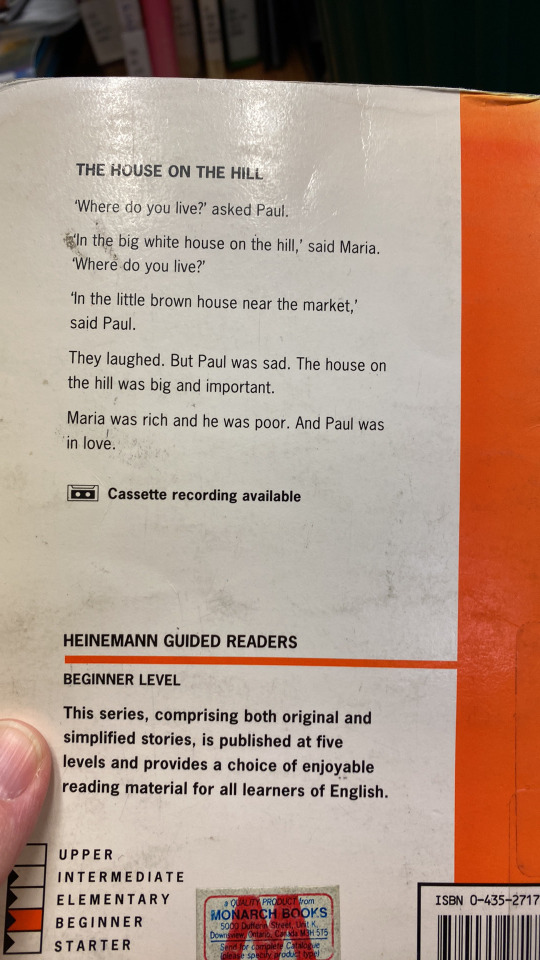
Back cover:
‘Where do you live?’ asked Paul.
‘In the big White House on the hill,’ said Maria. ‘Where do you live?’
‘In the little brown house near the market,’ said Paul.
They laughed. But Paul was sad. The house in the hill was big and important.
Maria was rich and he was poor. And Paul was in love.
Riveting. Also fun facts, there’s an audio cassette available for this book.
Please note, I am not making fun of this book for being a beginning level reader. I think these readers are important because they offer content to adults learning to read or learning a different language that is something other than children’s books
I am, however, totally making fun of the content.
This book was absolute trash. Unbelievable trash. With a cool ass name like that I hoped it’d be some kind of gothic, intense storyline.
Instead there’s this dude named Paul.

Paul is a writing apparently. He needs his coffee cup to say “Coffee” on it. He writes by hand. It’s the late 70s after all. Paul loves Maria. Maria looks different in every picture of her.
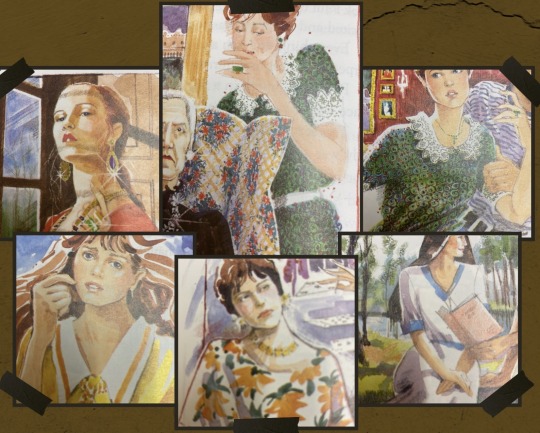
Maria the changeling is a rich girl that Paul love. No. If she was a changeling, she would be way cooler. Her main trait is that she's rich. That half-chopped woman in the second last image is her rich mother. Her mother's main trait is that she's snobby.
Paul recites poetry to Maria. This is a Paul poem:
I met her in the evening By the riverside Her dress was creamy white And her hair with ribbon tied. She turned and smiled at me, And I asked her for her name. Though I am young and poor, My love will stay the same.
So Paul's main trait is he's poor. He's added one more trait to Maria. She wears ribbons. These two have a riveting romance. Paul likes that Maria wears beautiful clothes. She's lovely. That's about it. They hang out at the river's edge. Maria tells Paul she loves him.
This is enough for Paul to propose to her. But alas! Maria can't marry Paul and she flees.
Paul's mother, who looks like an Edwardian cook in like Downton Abbey or something is all, "Oh shit Paul. She doesn't love you."
Cue angry rich woman that's Maria's mama. She sends her driver in a Rolls Royce down to Paul's place, picks him up, and brings him to the House on the Hill, pretty much just to shit on him. She's all, "You're so poor you stupid stupid boy. My daughter is rich. I've married her off to a rich. Go away poor." She leaves the room and sucks out all the rich with her with ... Except Maria's all, "Well Paul. Mama's right. You're poor. I might love you, but you can't buy me fancy things in the late 70s like a disco ball or a rattan settee." Paul flails down the hill, tears in his eyes, and he's crying, "Maaaaarrrriiiiaaaaa! Why don't you love me? Oh because I'm POOR!"
Paul's mom is all, "Paul. Those people are dicks."
Paul ignores her.
Now this is the section that's like Twilight Part Deux where Paul sits in a room alone, not eating, not sleeping, and then he goes to the river but he doesn't recite poetry because he's not going to cause that cruelty to the world again.
Inexplicably, the local newspaper "THE CLARION" has RICH MAN'S BEAUTIFUL BRIDE as the byline of the main page of the paper. It's a shit byline. Of course that's Maria and her new rich husband. The husband has the traits of rich, old, and fat (of course in this book that seems to be a focus that makes him a monster).
Luckily Paul sees an ad for a Story Competition. Here is the ad:

Somehow Paul thinks, "Yeah if I win this by writing a self-insert fan fic about Maria and me getting together she'll be all over me and super pissed she married the old guy."
There's no preamble. He wins the stupid competition.
Somehow that leads to him being a reporter. I love how he didn't have to go to University or anything for that. Because the newspaper manager (with the story competition?) is all, "Wow you're such a good writer I want to hire you as a reporter!" I guess since they have a shitty byline writer they need someone?
This is Paul, our new reporter. This is Paul's reporting style:
Paul to Celebrity at some big event: "Any more news sir?"
SUCH REPORTING
This is the best multipanel comic ever. I LIKE YOUR NEW STORY PAUL.
WE ARE VERY PLEASED WITH YOUR WORK PAUL.
OFFICE THINGS. CHARTS! RED PHONE!
Paul's still obsessing over Maria. He's working hard asking all the hard questions. He's also an extra in an 80s office setting movie. Look at this image. So much plastic Ken doll hair.
This is the big news room story meeting. I guess. A reporter comes into the office and is all
6 notes
·
View notes
Text
A poem by E. A. Robinson

The House on the Hill
They are all gone away, The House is shut and still, There is nothing more to say. Through broken walls and gray The winds blow bleak and shrill; They are all gone away. Nor is there one to-day To speak them good or ill: There is nothing more to say. Why is it then we stray Around that sunken sill? They are all gone away, And our poor fancy-play For them is wasted skill: There is nothing more to say. There is ruin and decay In the House on the Hill: They are all gone away, There is nothing more to say.

E. A. Robinson (1869-1935)
1 note
·
View note
Text
youtube
Audience - I Put A Spell On You
0 notes
Text
youtube
Audience - I Put A Spell On You
#audience#i put a spell on you#screamin jay hawkins#cover#howard werth#keith gemmell#trevor williams#tony connor#progressive rock#prog rock#art rock#the house on the hill#1971#Youtube
1 note
·
View note
Text

i am a tragedy enjoyer before i am human
#the raven cycle#noah czerny#richard gansey#the ballad of songbirds and snakes#sejanus plinth#lucy gray baird#the haunting of hill house#nellie crain#olivia crain#the haunting of bly manor#hannah grose#rebecca jessel#yellowjackets#jackie taylor#natalie scatorccio#laura lee#the umbrella academy#ben hargreeves#the gilded wolves#tristan maréchal#idk if he really haunted the narrative but he definitely impacted things!#la casa de papel#tokio lcdp#travis martinez#always forget one 😔
48K notes
·
View notes
Text
NO LIVE ORGANISM CAN CONTINUE FOR LONG TO EXIST SANELY UNDER CONDITIONS OF ABSOLUTE REALITY EVEN LARKS AND KATYDIDS ARE SUPPOSED BY SOME TO DREAM

13K notes
·
View notes
Text


NO MATTER WHERE I HIDE MY DONUT FRYER NICK ALWAYS FINDS IT AND USES IT

I'M SO SICK OF HIM
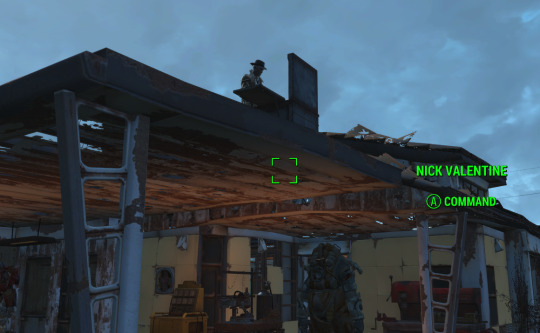
HOW?!!?!?
NICK. NICK STOP MAKING DONUTS PLEASE NICK WE NEED TO BREAK INTO THE INSTITUTE AND GET MY SON NICK PLEA
~~~
UPDATE: he finally got his donuts :]
#I'M NOT EVEN JOKING#HE'LL WANDER OFF WHEN I'M IN SANCTUARY HILLS AND I'M LIKE 'goddamnit nick better not be making donuts again'#AND THEN I FIND HIM AND HE IS.#WHY???#ALSO CHARACTERS KEEP ENDING UP ON THIS SPECIFIC HOUSE'S ROOF FOR SOME REASON????#first it was sturges and then it was preston#and now it's nick#NICK FOR THE LOVE OF GOD PLEASE STOP MAKING DONUTS#nick valentine#fallout 4#fallout#fallout shenanigans
9K notes
·
View notes
Text




House On Haunted Hill (1959)
#Horror#Horroredit#House On Haunted Hill#William Castle#Vincent Price#Carol Ohmart#CHB#Quotes#1959#50s
7K notes
·
View notes
Text


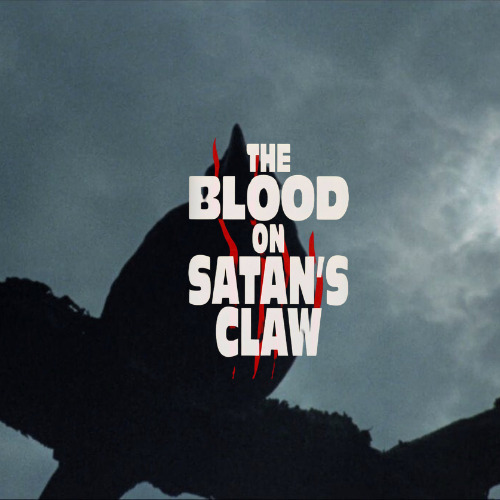
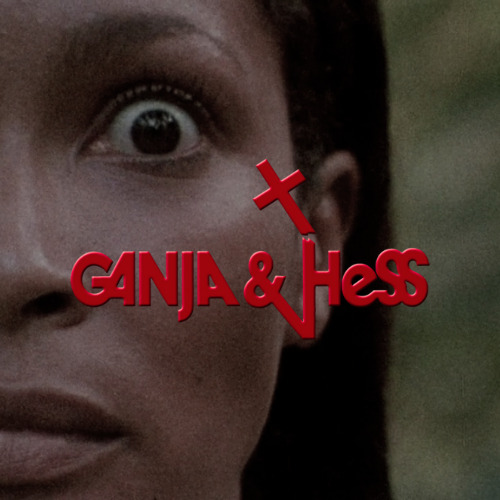

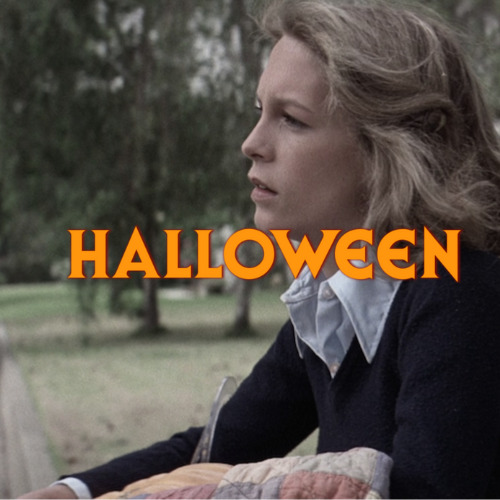
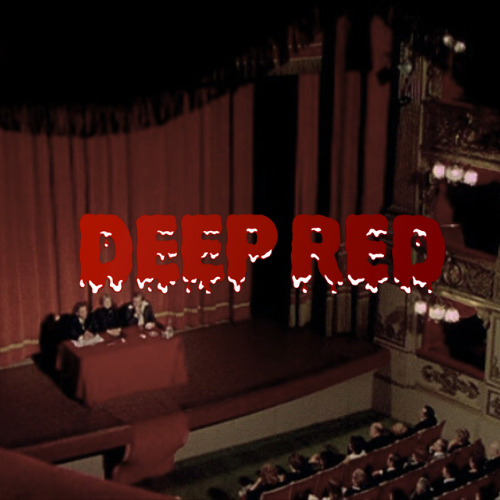

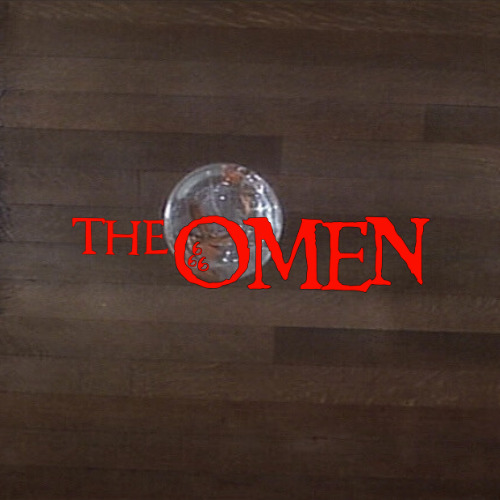
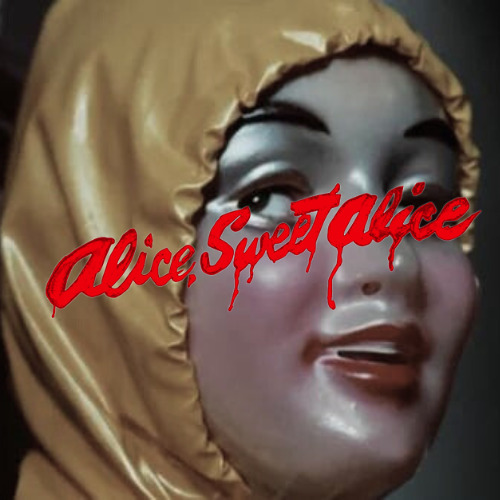




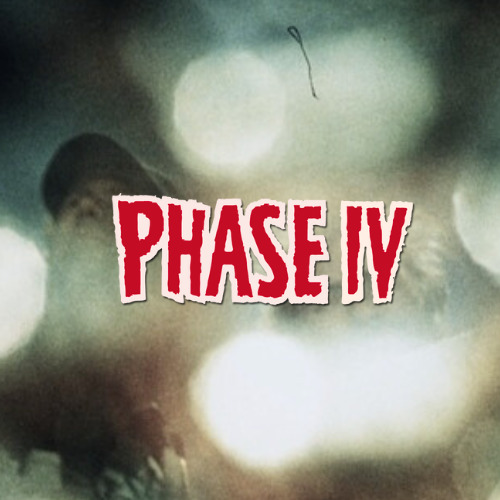

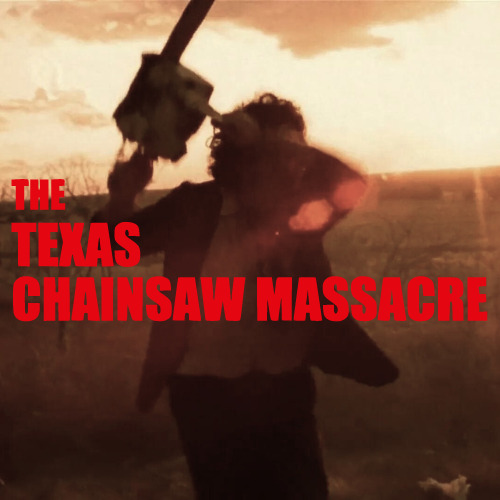

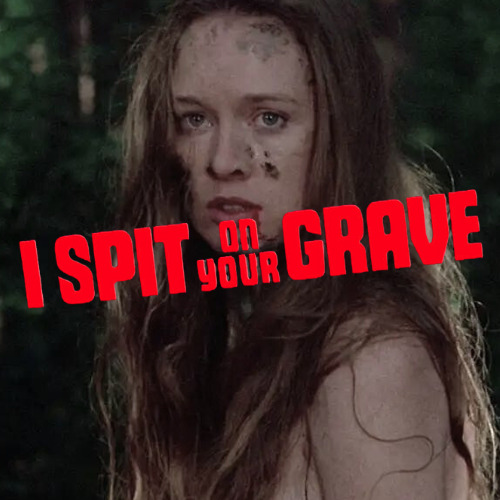

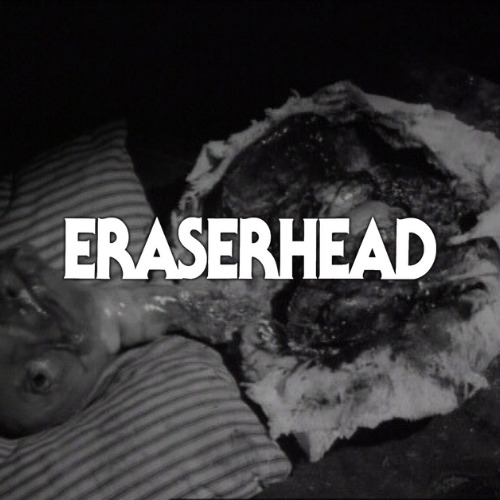

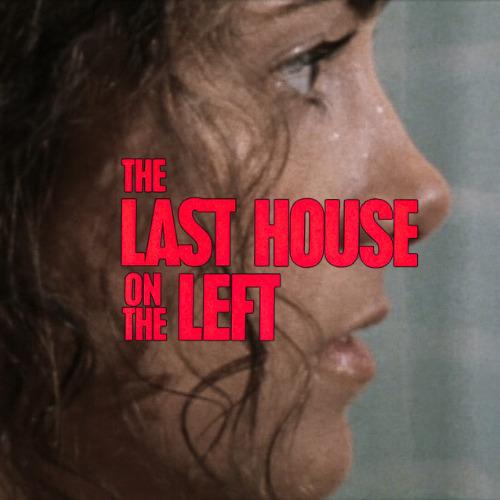
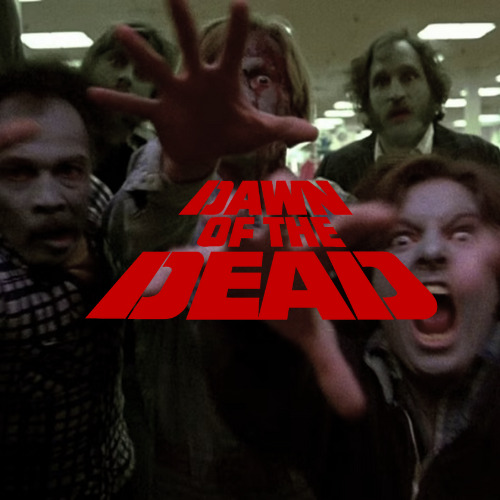
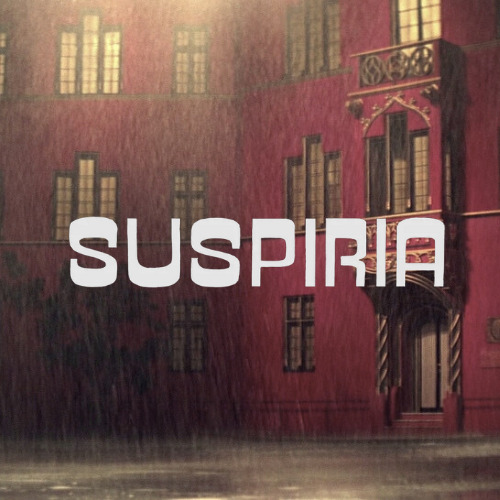
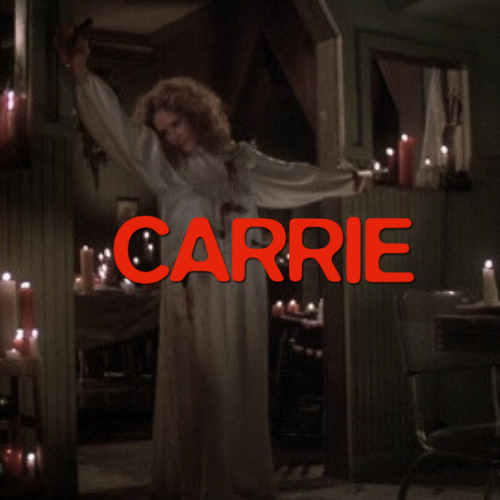
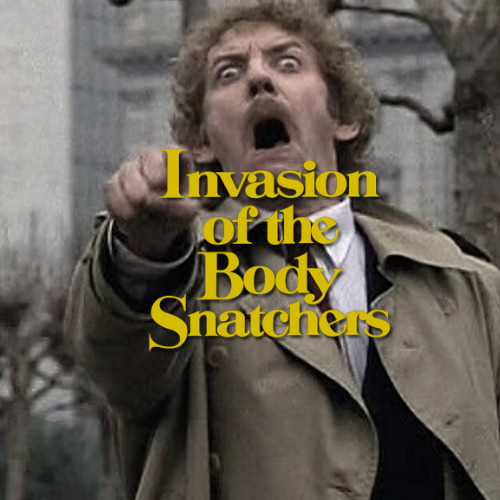

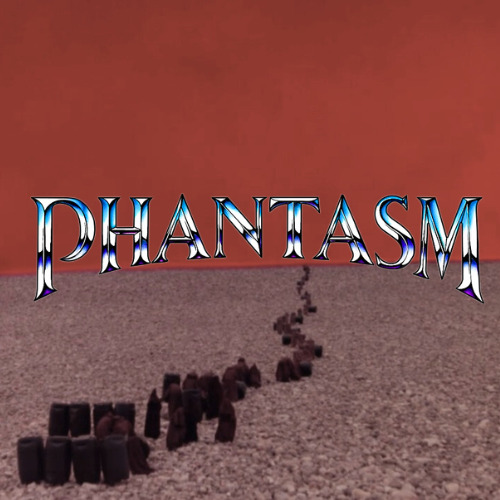
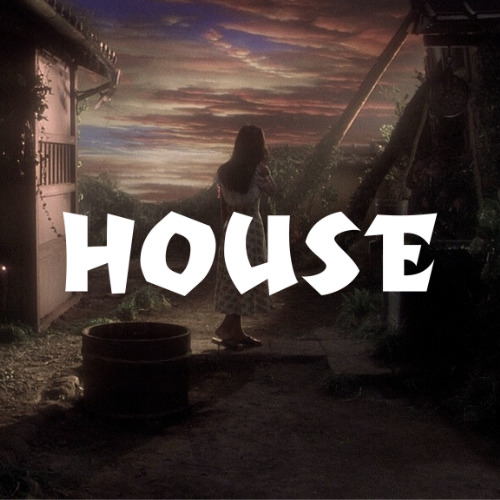
“horror movies of the 1970s reflect some of the grim social developments of the decade. fortunately, when society goes bad, horror films get good. in the 1970s horror makes its way back into the cultural spotlight. horror movies dealing with contemporary social issues and addressing genuine psychological fears were big hits during the decade.”
#ive finally gotten to making this#im trying to do it for each decade#but here's to the 70s#i did majority of my favorites & then i went off from popular to some i highly need people to see#horror#horror movies#horror decades#black christmas#morgiana#the blood on satan's claw#ganja & hess#the exorcist#halloween#deep red#don't look now#the omen#alice sweet alice#the brood#a bay of blood#martin#the hills have eyes#phase iv#jaws#the texas chain saw massacre#alien#i spit on your grave#the amityville horror#eraserhead#the wickerman#the last house on the left
5K notes
·
View notes
Text
the haunting of hill house tv series: love is stronger than trauma! family is the most important thing, and together, we can overcome the literal and metaphorical ghosts of our past!
the haunting of hill house book:

12K notes
·
View notes
Text

In my dreams we are both free
10K notes
·
View notes
Text
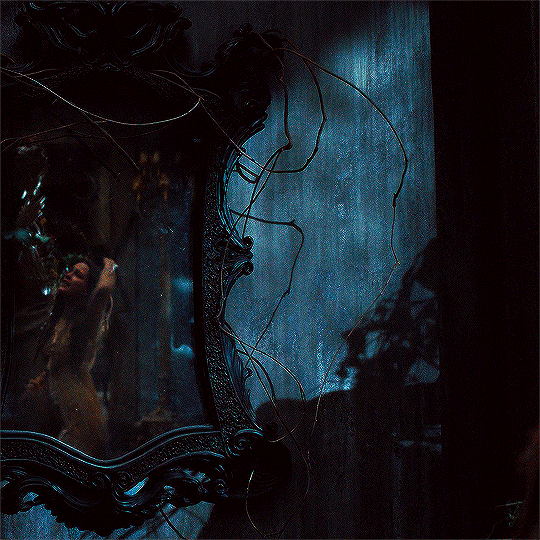


THE HAUNTING OF HILL HOUSE 1.01 ― "Steven Sees A Ghost"
#The Haunting Of Hill House#THOHH#THOHHedit#THOHHgifs#Neil Crain#Horror#Horroredit#Television#Televisionedit#TV#TVedit#TVgifs#TVandfilm#TVandmovies#*gifs#*
3K notes
·
View notes